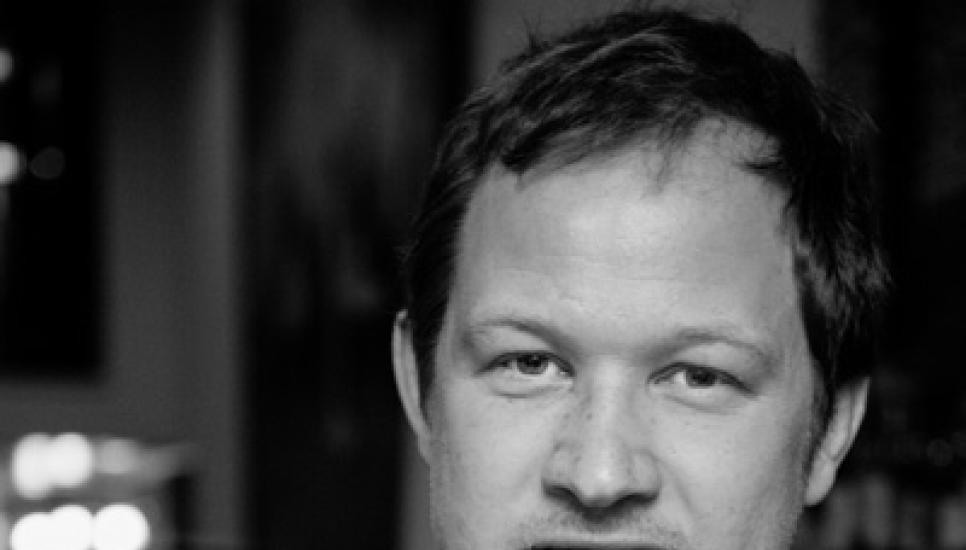Worn Again technology: A look into the world of fabric recycling

Just a fraction of the world's ever-growing output of clothes gets recycled, a situation that is filling up landfill sites and wasting precious resources.
Worn Again is looking to change this with its development of a technology that can recapture and separate the raw polyester and cotton raw materials from textiles which can then go back into the supply chain as new.
The London-based firm is currently looking to complete its ambitious R&D programme, engaging global engineering specialists to scale its process in order to take it to market over the next two years.
H&M and Kering, owner of sports brand Puma, have joined as partners in Worn Again, which is headed by Cyndi Rhoades, who founded the company in 2005 and is the “circular executive officer”.
“Our aim is to eradicate textiles waste and to recapture the raw materials at a molecular level to then go back into the system as new,” she says.
The technology – which can recycle plastic goods as well as clothing – has been proven in a laboratory setting and is now being optimised for industrial-scale application. It is expected to take about 12 months to perfect methods for polyester, and a further year to complete trials and optimisation for cotton. A polyester-recycling licensed product is expected to be available in just six months' time.
“Once we've done that, we'll have the architecture for an industrial plant that will deliver the continual recycling process,” says Nick Ryan, a textiles industry veteran and head of innovation at Worn Again.
Water stress is a key factor that could increase the need for cotton recycling: production of this resource alone accounts for 2.6% of world water use, but current methods can only recycle about 20% of the fibres in a pair of jeans.
Also on the Worn Again board is Galahad Clark, a seventh-generation member of the Clarks UK shoe dynasty. He says Worn Again is set to achieve “true recycling” by producing raw materials of the same quality as the originals.
“It's the big missing piece of the puzzle of world recycling – no one has pulled it off,” he adds. “The missing piece is a technology that can enable genuine circular recycling, in other words, to produce virgin equivalent outputs, which is wildly attractive to companies.”
Rhoades founded Worn Again in 2005.






